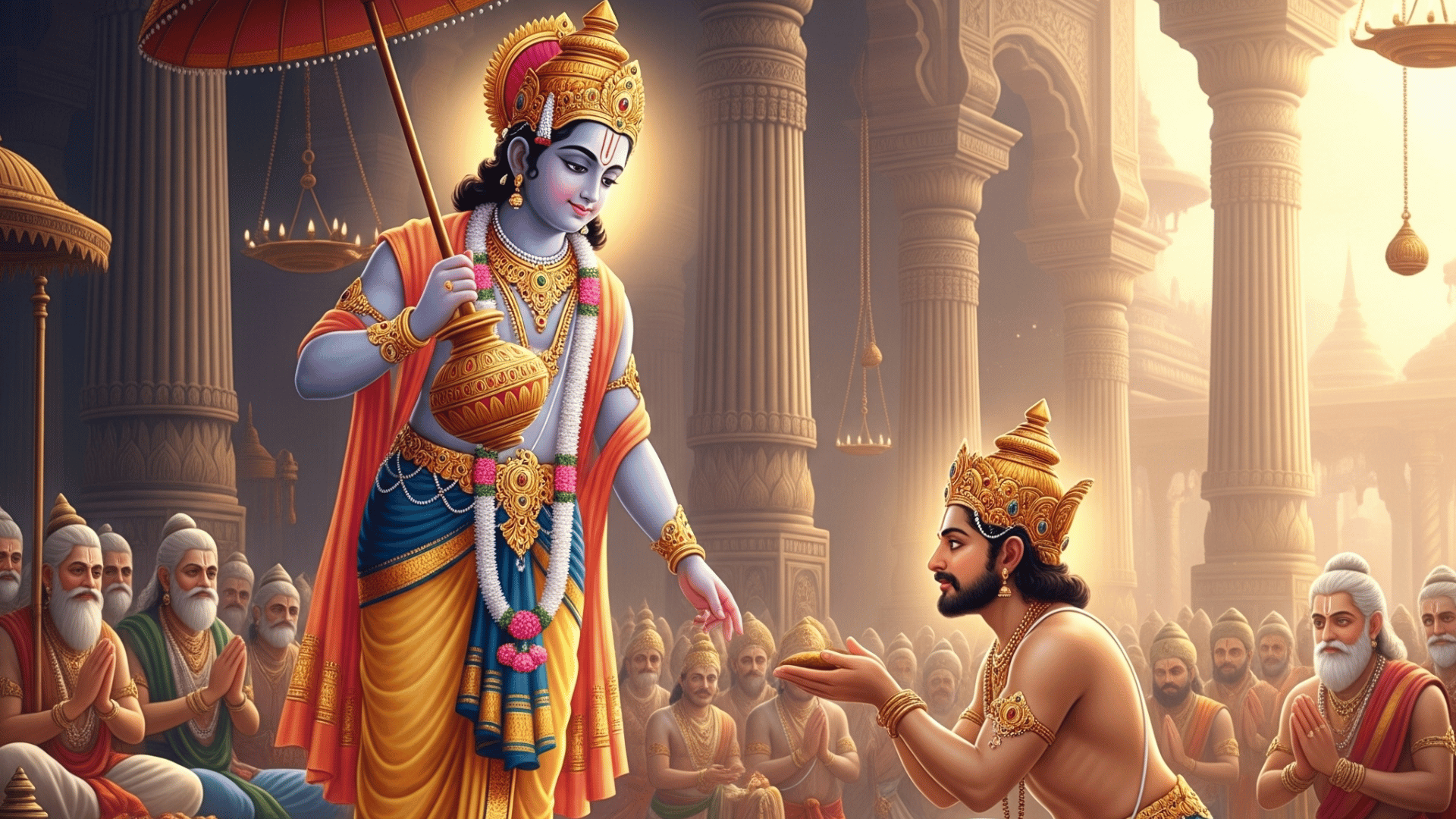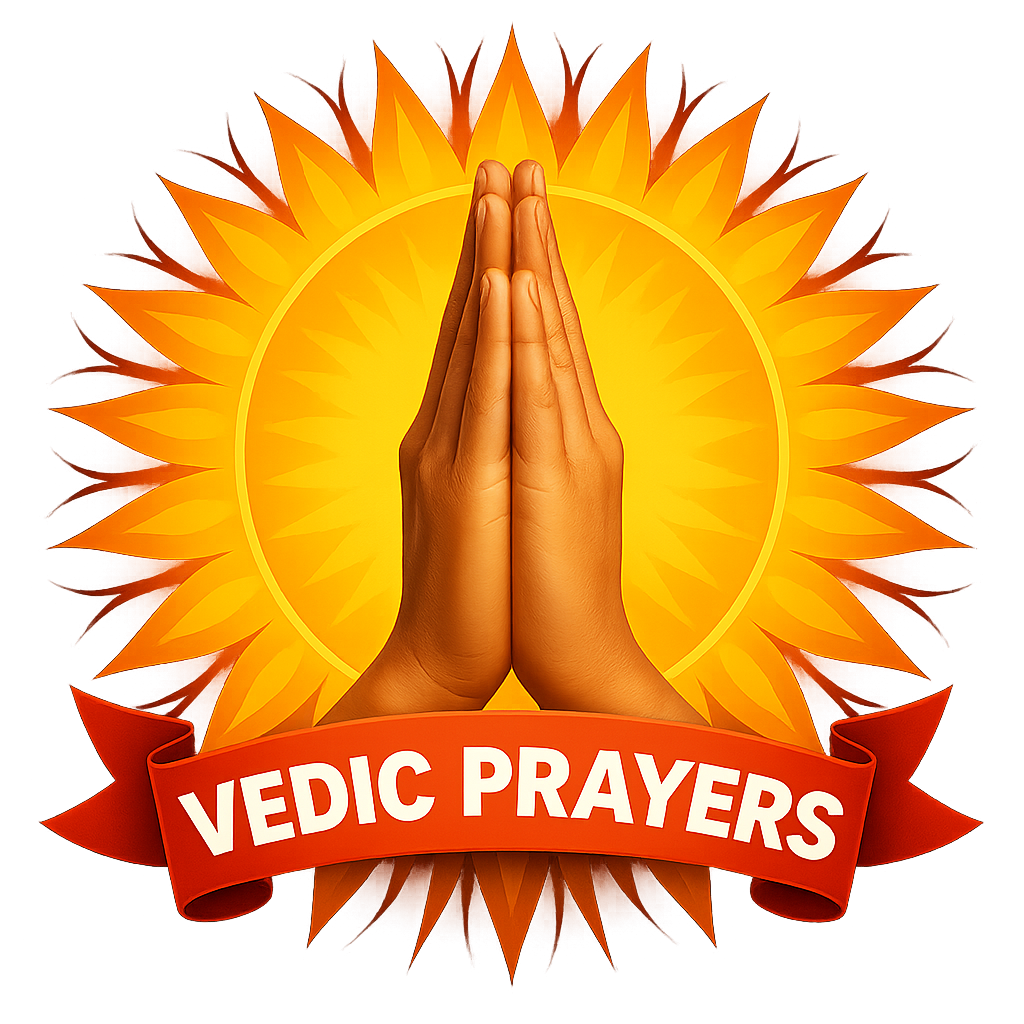
Vaman Dwadashi is a significant religious festival in Hinduism, observed in remembrance of Lord Vishnu's fifth incarnation – Vamana Avatar. This fast is observed on the Dwadashi tithi (12th day) of the Shukla Paksha (waxing phase) of the Bhadrapada month. The day is also known as Vamana Jayanti, as it marks the divine descent of Lord Vishnu in the form of a dwarf Brahmin, Vamana, on Earth. This festival holds great importance, especially for devotees of Vishnu, those who fast, and those who follow religious discipline.
Vaman Dwadashi 2025 Date
Thursday, 4 September 2025
This fast is observed on the Dwadashi Tithi of the Shukla Paksha in the month of Bhadrapada.
On this day, devotees worship Lord Vishnu in His Vamana (dwarf) incarnation, and observing this vrat (fast) is believed to bring prosperity to the home and remove sins.
The Story of Vamana Avatar (Mythological Tale)
The tale of Vamana Avatar is elaborately mentioned in Hindu scriptures such as the Bhagavata Purana, Vishnu Purana, and the Ramayana. According to the legend, King Bali was a mighty, generous, and influential demon king. He had conquered even the heavens and defeated Indra and the other deities.
As the gods were left helpless, they prayed to Lord Vishnu for protection. Lord Vishnu then incarnated as a dwarf Brahmin child named Vamana and approached King Bali, requesting three steps of land as a donation. King Bali humbly accepted his request.
As soon as Bali granted the wish, Vamana assumed a colossal, cosmic form. With his first step, he covered the entire Earth, with his second, the sky, and there was no space left for the third step. King Bali then offered himself, surrendering to the Lord completely. Pleased with his devotion, Lord Vamana granted him sovereignty over the Netherworld (Patal Lok) and also blessed him with immortality.
Why is Vaman Dwadashi Celebrated?
Vaman Dwadashi is celebrated to commemorate Lord Vishnu’s incarnation as Vamana. The day symbolizes the victory of the gods over demons, the restoration of dharma (righteousness), and attainment of liberation through devotion. This festival teaches that ego can be destroyed through humility, devotion, and charity.
On this day, special puja (worship) is performed in honor of Lord Vamana. Devotees observe fasting, listen to the Vrat Katha (story of the fast), and chant hymns praising the Vamana incarnation.
Religious Significance of Vaman Dwadashi
- Restoration of Dharma: On this day, righteousness triumphed over unrighteousness. It signifies that the divine always protects the devotees and takes avatar to uphold dharma.
- Lesson of Humility and Charity: King Bali, though a demon, surrendered everything to the Lord. This fast teaches that true wealth lies in generosity, humility, and devotion.
- Power of Devotion: Lord Vishnu was pleased with Bali’s devotion and granted him liberation. This shows that God always honors sincere devotion.
- Importance of Self-Discipline: Fasting on this day leads to mental, physical, and spiritual purification, acting as a path to self-discipline and spiritual growth.
What is Done on Vaman Dwadashi?
1. Fasting (Vrat):
Devotees observe a fast on this day. Usually, only fruits are consumed once during the day. Refraining from grains and cooked food is considered especially meritorious. The fast helps in spiritual cleansing.
2. Worship of Lord Vamana:
- An idol or image of Lord Vamana is installed.
- The idol is bathed with Panchamrit (mixture of milk, curd, ghee, honey, and sugar).
- Offerings of yellow clothes, tulsi leaves, yellow flowers, fruits, sweets, incense and lamps are made.
- The mantra “Om Vamanaya Namah” is chanted.
3. Listening and Recitation of the Vrat Katha:
Listening to and narrating the story of Vamana Avatar is customary. It explains the dialogue between Lord Vamana and King Bali and conveys the moral significance of the fast.
4. Charity and Donations:
Charity holds special importance on this day. Donating food, clothes, money, and other essentials to the needy is highly meritorious. Devotees also offer meals to Brahmins.
5. Night Vigil and Devotional Singing:
In some regions, devotees perform night-long bhajans, aartis, and devotional gatherings dedicated to Lord Vishnu. This enhances the spiritual atmosphere and increases devotion.
Spiritual Significance of Vaman Dwadashi
- Renunciation of Ego: King Bali surrendered his ego and offered himself to the Lord. This fast inspires us to give up our ego as well.
- Complete Surrender to God: True liberation is possible only when we surrender completely at the feet of the divine.
- Victory of Truth: This day represents the triumph of truth over falsehood, and righteousness over unrighteousness.
Other Facts about Vaman Dwadashi
- Vaman Dwadashi is especially celebrated in South India.
- In some regions, it is also observed as Upendra Jayanti, as Vamana is a form of Vishnu known as Upendra.
- It falls a few days before Anant Chaturdashi and is considered an auspicious time for worshipping Lord Vishnu.
Social and Familial Importance
Vaman Dwadashi is not just a religious festival but also a symbol of social harmony and unity. On this day:
- People come together for worship.
- Community feasts and distribution of prasad (sacred food) take place.
- It strengthens family bonds and promotes social cooperation.
Vaman Dwadashi is not just the commemoration of a mythological event, but a reminder of the higher ideals of devotion, humility, charity, surrender of ego, and protection of dharma. The day teaches us that when we shed our pride and sincerely take refuge in the divine, God never lets us down.
By observing fasting, reciting the story, offering prayers, practicing charity, and engaging in devotion, we can make this festival spiritually fruitful and elevate our lives toward dharma and divine realization.













